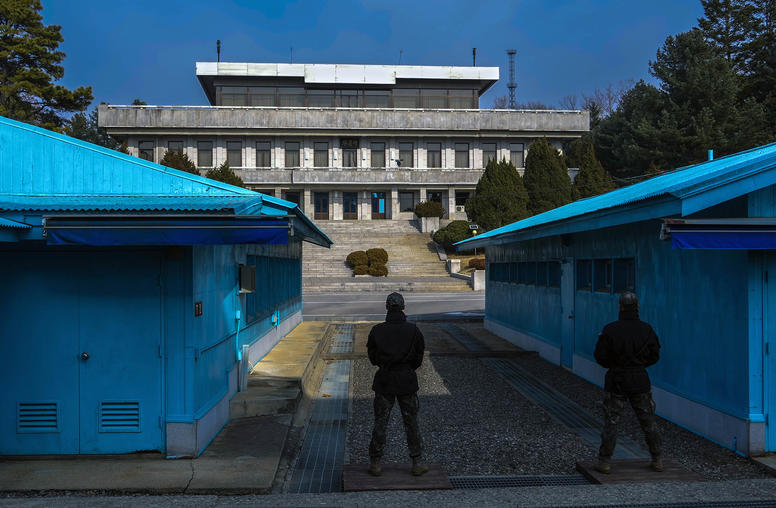The Karabakh Conflict: Prospects for Peace
Twelve years after a cease-fire, positions on both sides of the conflict continue to harden, and questions arise about the way forward.
- Is time running out for a peace agreement?
- What are the prerequisites for moving negotiations forward to build a peaceful settlement? What can the United States do to accelerate progress on a settlement?
- How can the concerns of hundreds of thousands of ethnic Armenians and Azeris displaced by the conflict be addressed?
- What lessons can be drawn from other situations, such as Transdnistria, Abkhazia, or Kosovo?
Speakers
- Ashot Ghulian
Nagorno Karabakh Parliament Speaker - Georgi Petrosian
Nagorno Karabakh Foreign Minister - Daniel Serwer, Moderator
U.S. Institute of Peace - Cory Welt, Moderator
Deputy Director and Fellow of the Russia and Eurasia Program, the Center for Strategic and International Studies
Archived Audio
To listen to audio or to view video, please click on the links provided below. You also can right click on the links and choose "Save Target As" or "Download Linked File." This will save the file to your computer and then allow you to play it in your media player directly. More Audio Help.
- Listen to the audio from this event.
1:57:20 - 21.1MB




